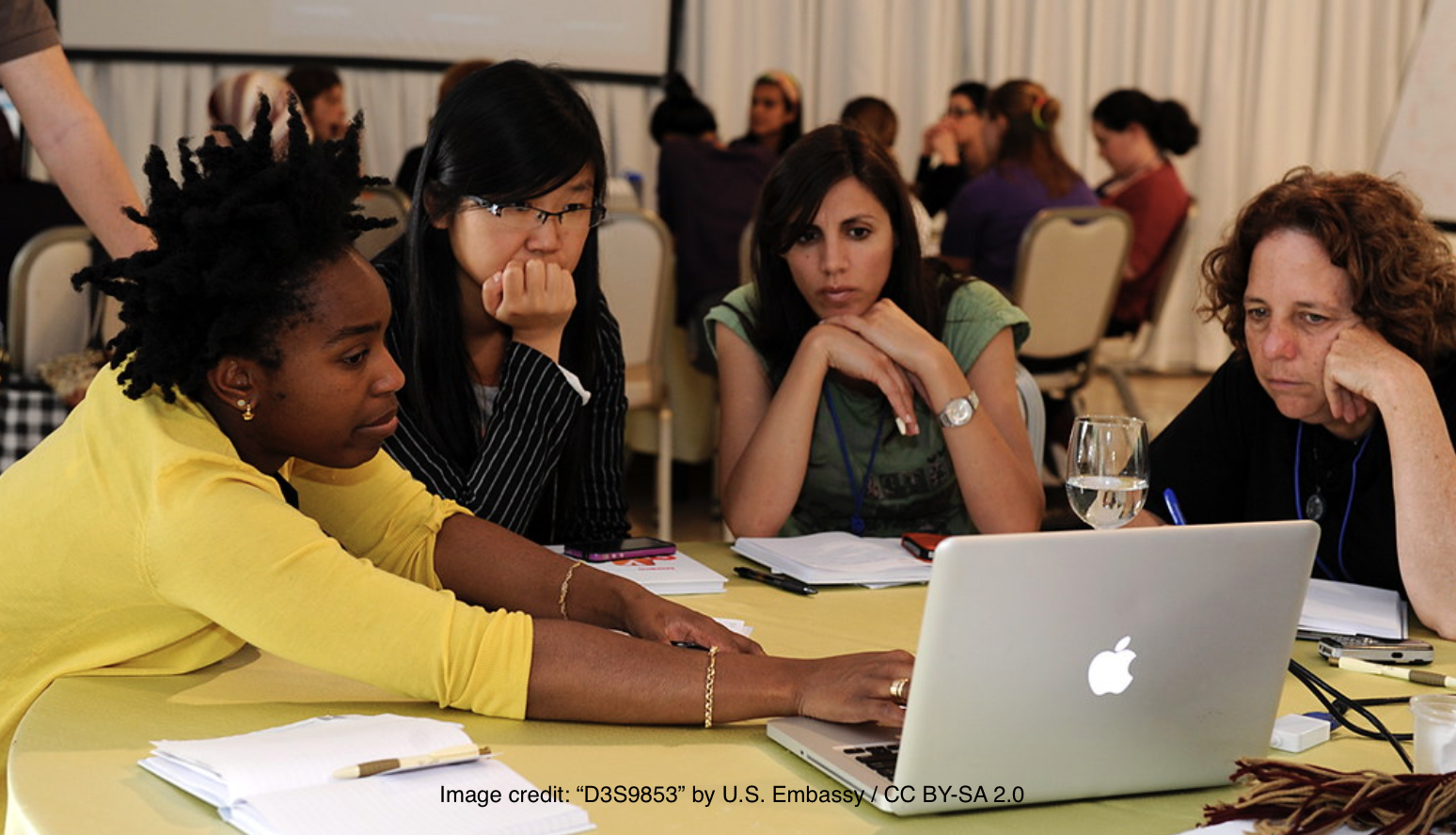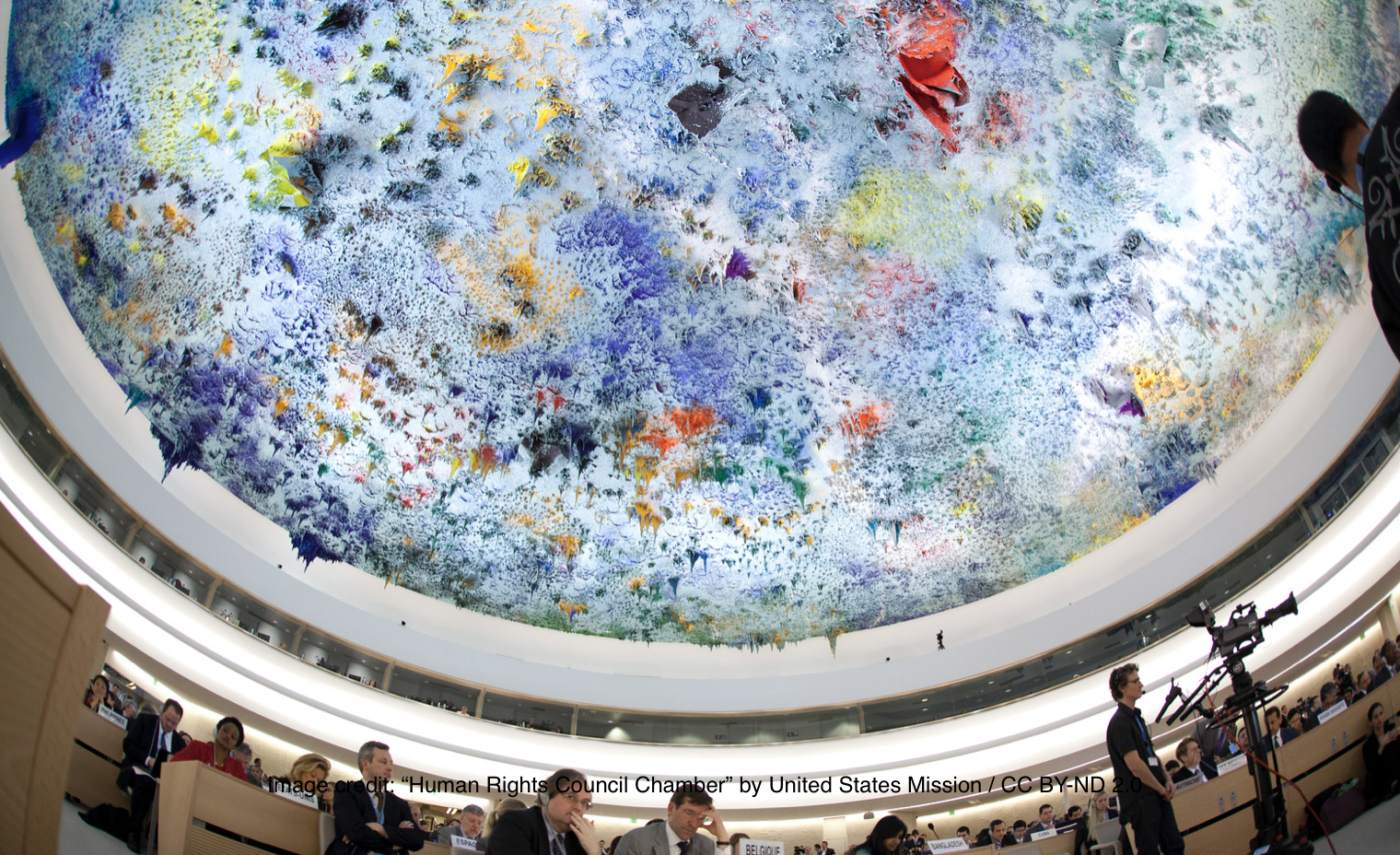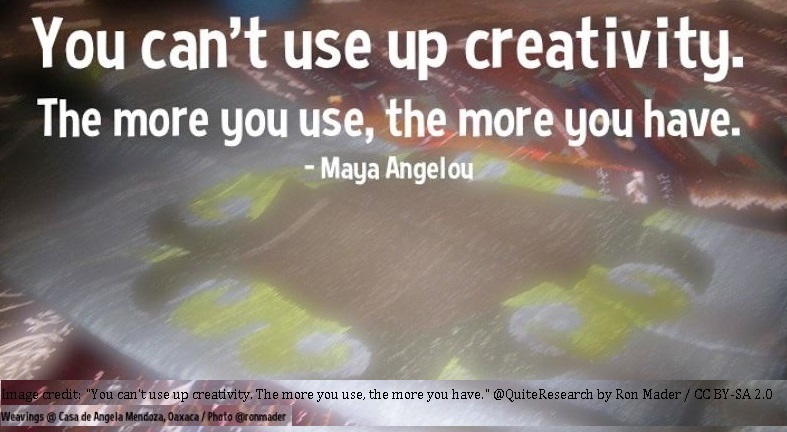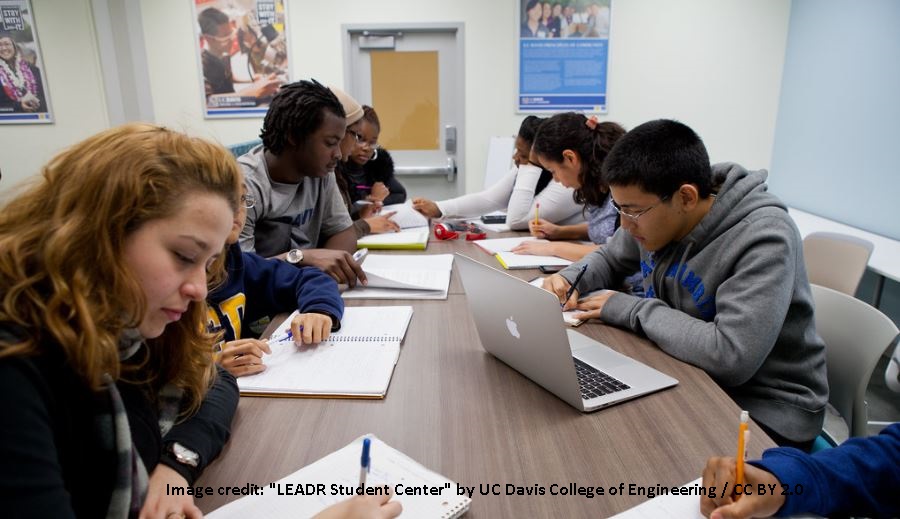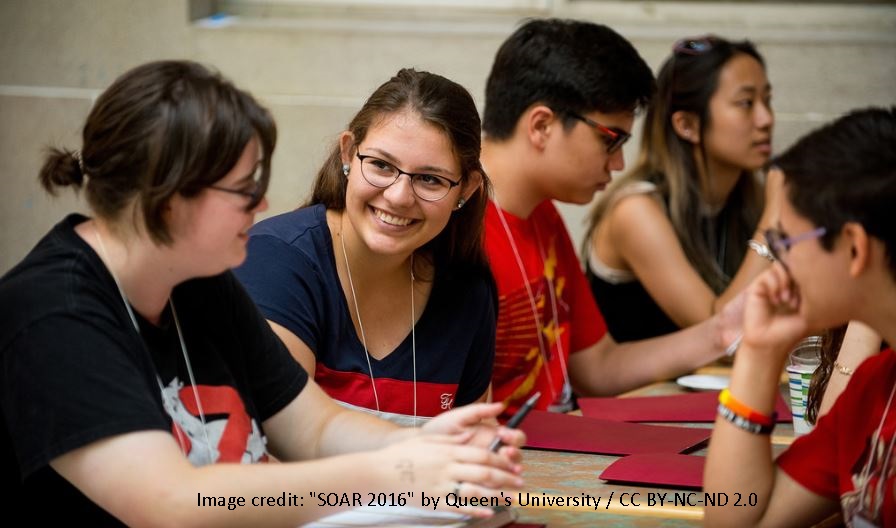Towards higher education for a better civil society
Towards higher education for a better civil society Patrick Blessinger, Enakshi Sengupta and Craig Mahoney Higher education around the world is at a juncture. For instance, academics are now challenged to protect academic freedom, to treat lifelong learning as a human right and to reinvent the institutional vision, mission and values so they are compatible with the realities of the emerging world paradigms of globalisation, social responsibility and sustainable development. To this end, educators must first understand what it means to be a socially responsible institution and their role in civil society. Civil society can be defined as the third sector of society. Whereas the first and second sectors of society include government (that is, the public sector) and business institutions (that is, the private sector), civil society (that is, the civic or community sector) includes all other individuals, groups and institutions (for example, citizens, families, educational, religious, non-profit and non-governmental organisations) that operate, by and large, [...]

